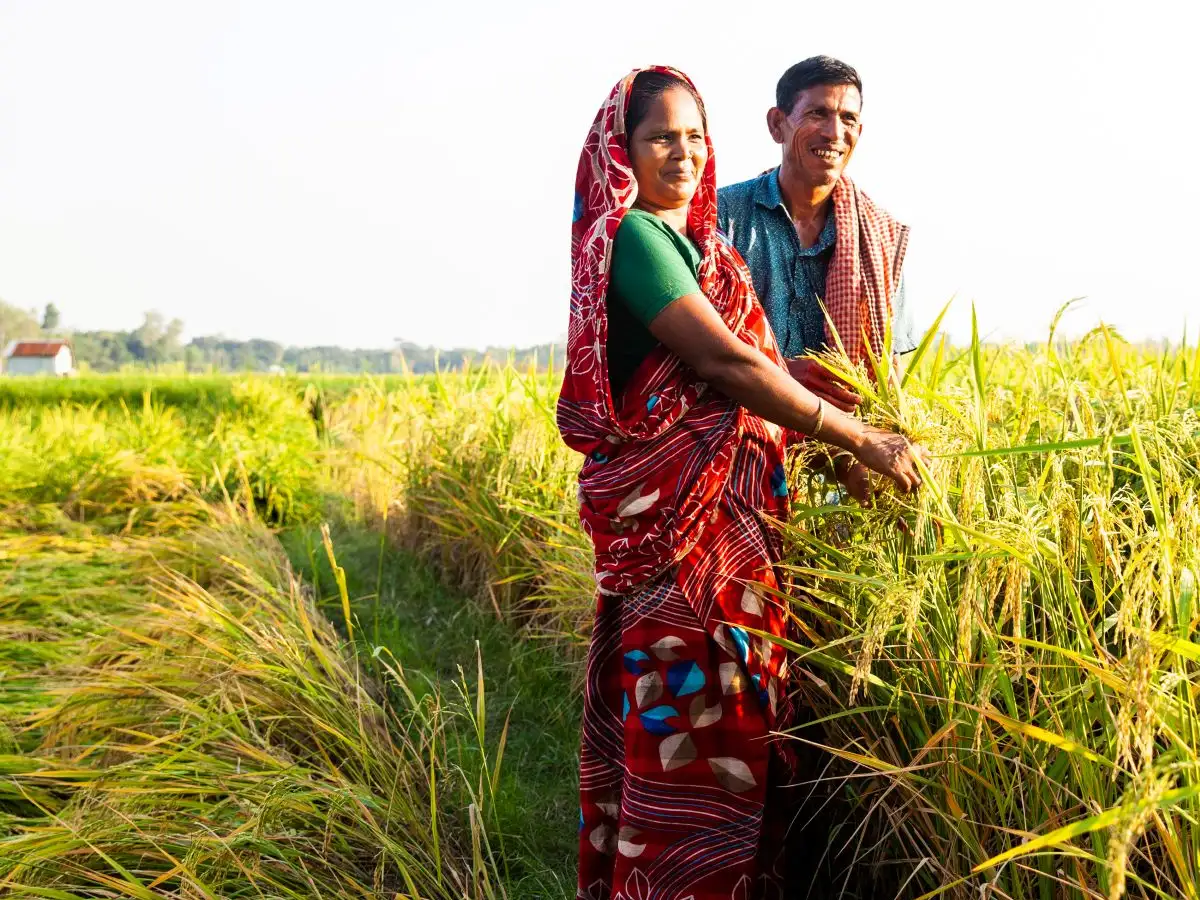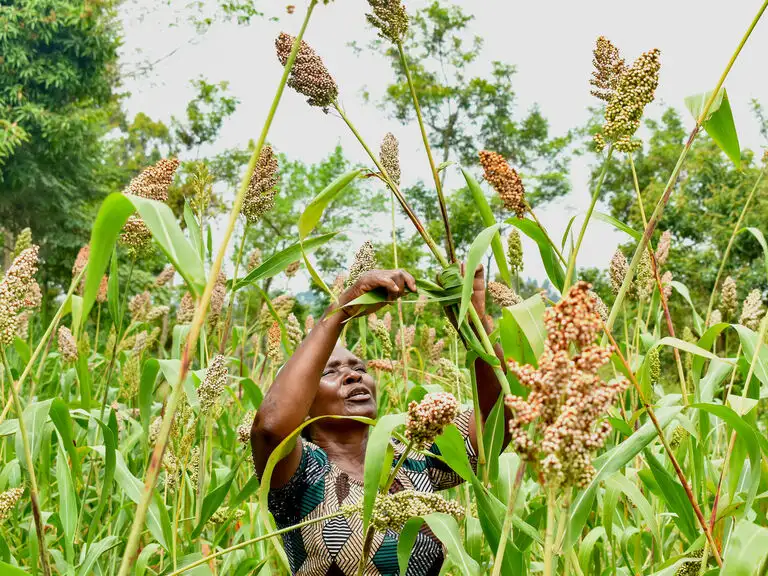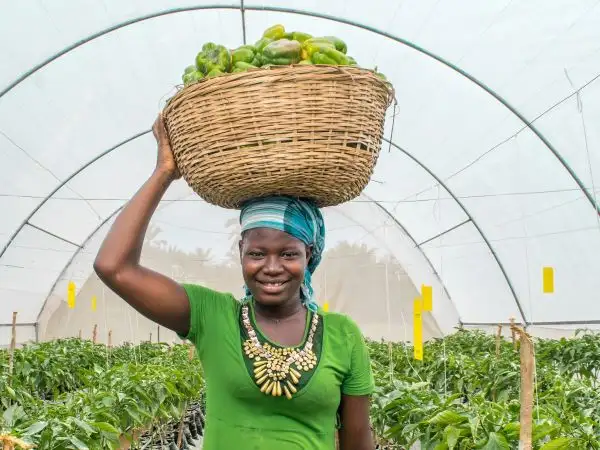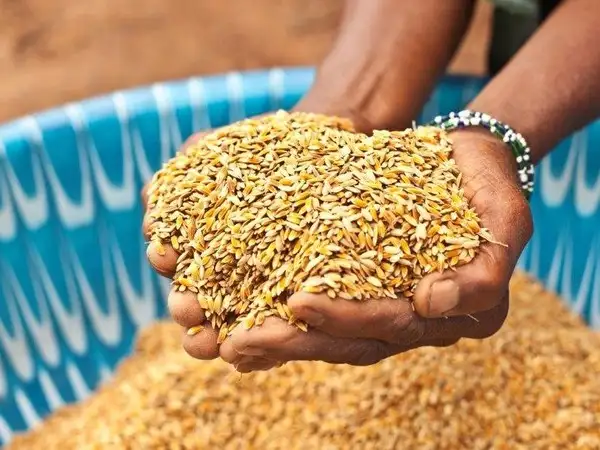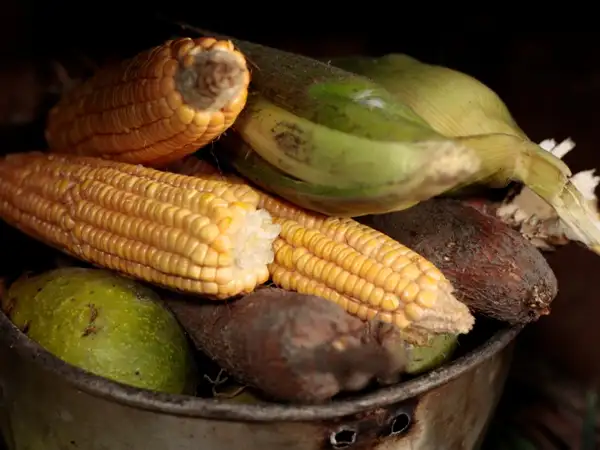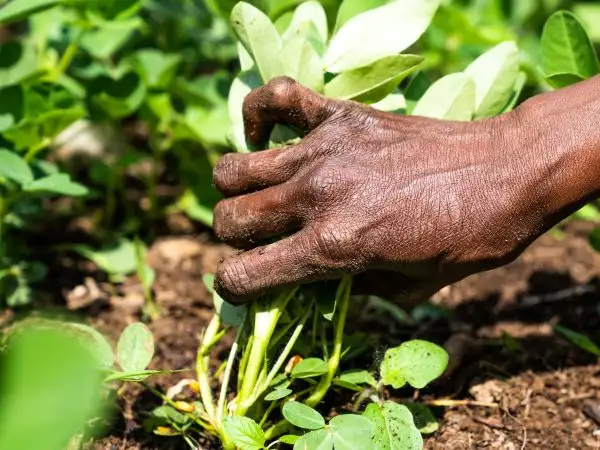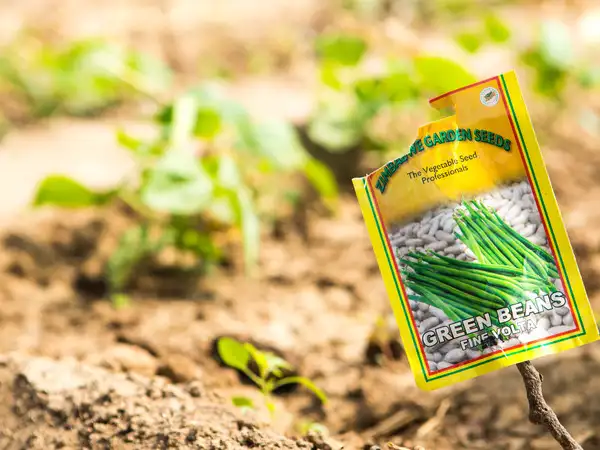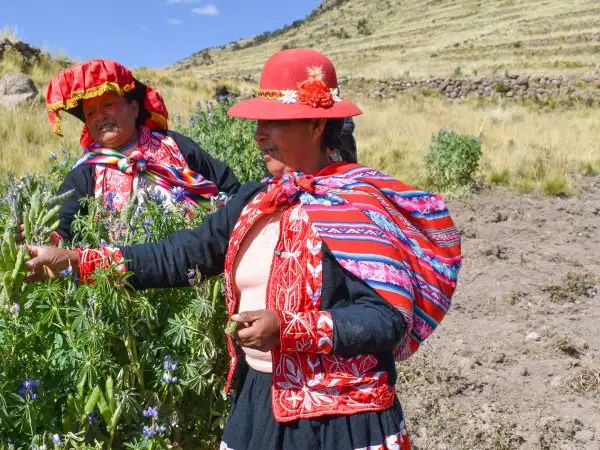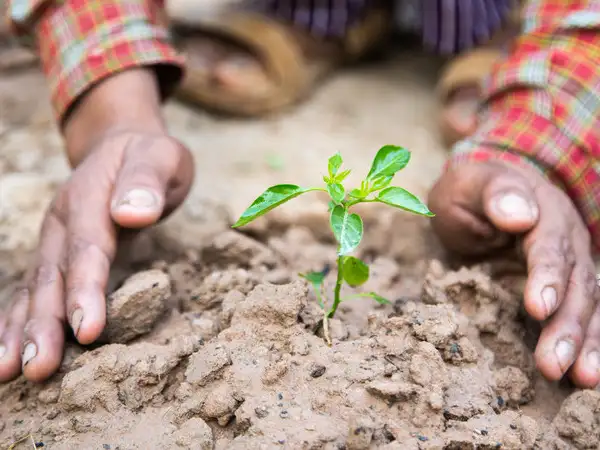
CAFOD policy papers and research supporting our work towards a food systems transition that puts people and their environment first.
Unsustainable land use through deforestation, intensive farming, and use of agrochemicals is also leading to a biodiversity crisis, with irrecoverable loss of species, which affects entire ecosystems and people’s ability to live in harmony with their environment.
And there is the pressing need to feed a growing number of people in order that they can live healthy and flourishing lives – and to do so in ways that both tackle climate change and to protect nature for current and future generations.
Donors, governments and large integrated agribusinesses have contributed to this shift from people and their environment to a focus on commercialised agriculture. Companies are part of an ecosystem that denies people their rights.
But there are signs of hope. In the global south there are many communities who manage their natural resources sustainably, but who have their rights to land or fishing attacked or ignored.
Agriculture is responsible for 28% of greenhouse gas emissions and contributes to a new normal of increased droughts and floods in many parts of the world, with crop failure and increased hunger gaps. This reality is experienced daily by a wide range of CAFOD partners and communities they work with.
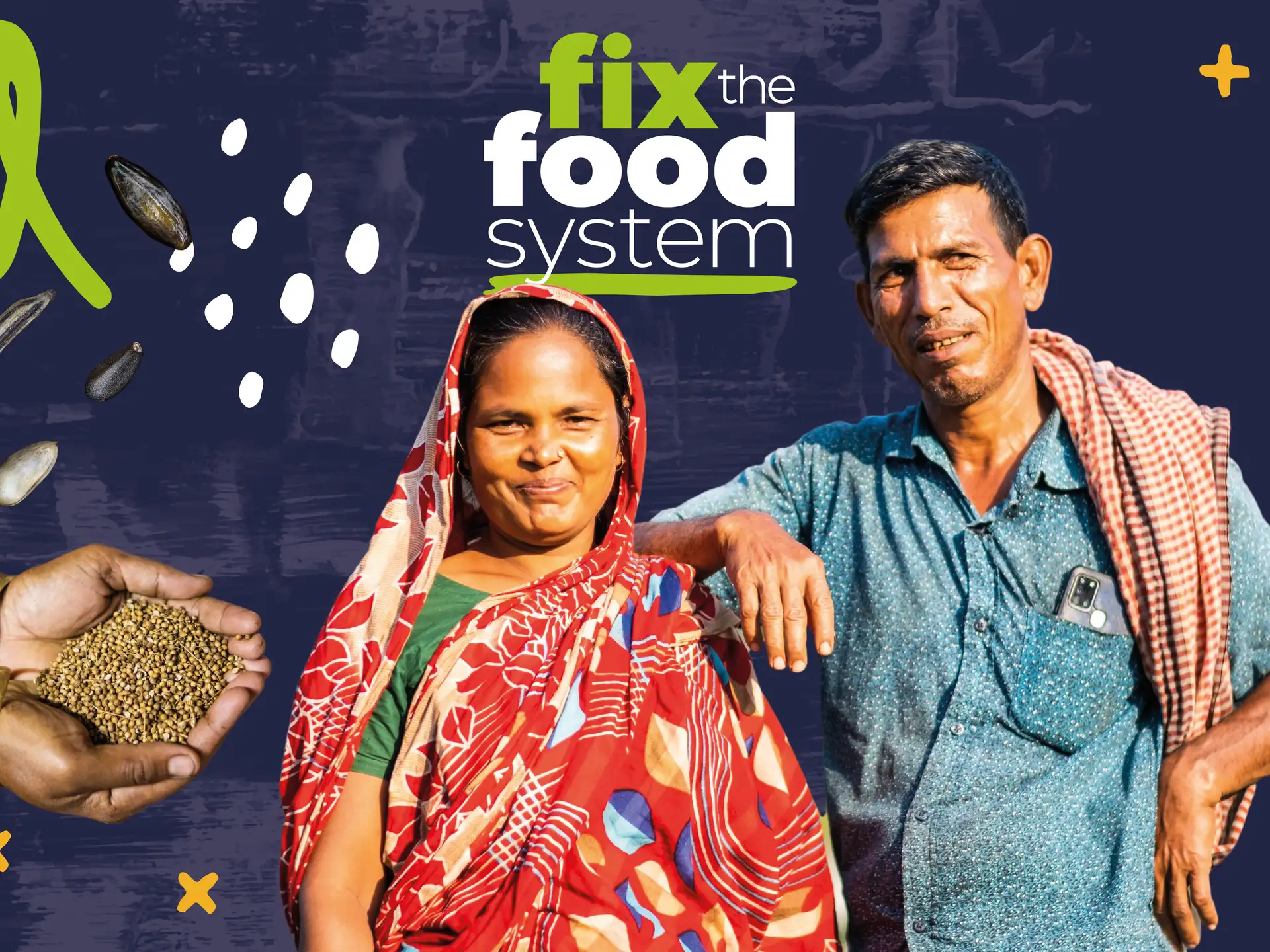
Fix the food system
Our global food system is broken. Over 800 million people go hungry, and the way we produce much of our food harms our planet.
Seeds are at the very heart of the food system. They are part of nature and given by God for the benefit of all but increasingly farmers’ rights to choose their own seeds are under threat.
Key areas of work
CAFOD is calling for a food systems transition that:
Puts people and their environment first – putting them in control of their lands, resources and food production.
Requires a change in consumption and production patters in the West as well as in many low-income and middle-income countries.
Tackles the concentration and abuse of power between donors, companies and governments in global foods chains and perverse incentives such as use of damaging pesticides and intensive farming practices that lock farmers into unsustainable ways of farming.
Needs a rethink of government and donor policies into agriculture, to move away from large-scale top-down approaches that focus on monocropping for export-led growth.
Key documents
Policy and research
CAFOD's policy team provides briefings, reports and research on our advocacy and lobbying work, plus materials to support our campaigns.


